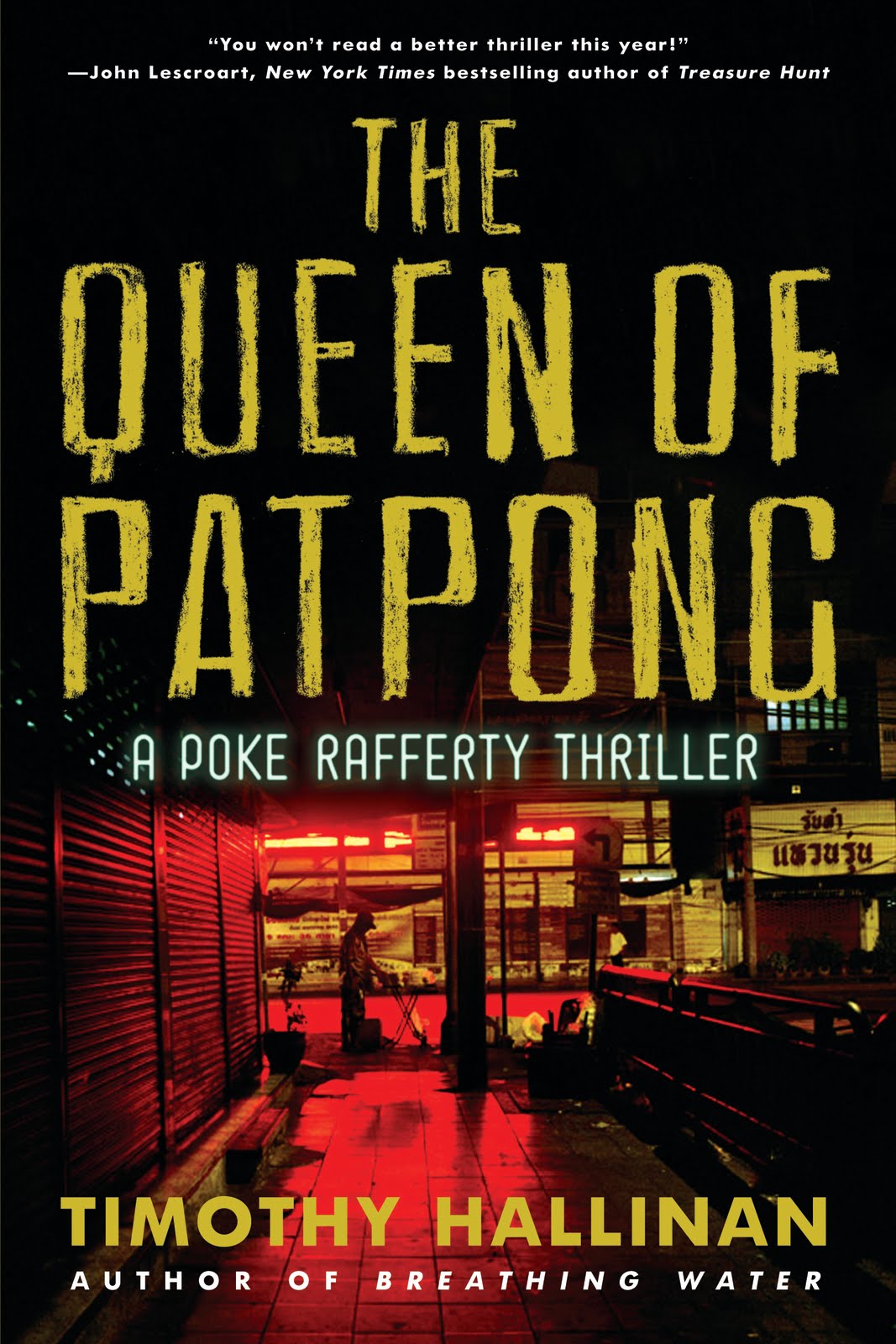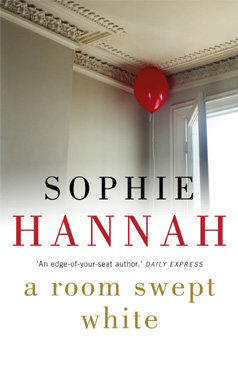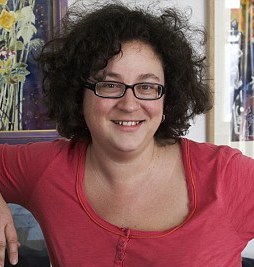How a book is bought today
I realize I’m not exactly in a prime position to write this post, seeing as I haven’t, well, had a book bought yet. But since I’ve been noting, and referencing, and whining–just a little, I hope–across the country about getting news from NY, I figured maybe I should explain things a bit.
And then I had the key, meteoric thrill of receiving a few emails from readers–people I’ve never met before–asking questions about my book. Like, when they could buy it. I don’t know if I can explain why that is such a thrill, but if you’ve ever had the experience of having an unpublished book, you will understand.
Unpublished books feel…not quite real. Stephen King says in ON WRITING that they’re a circle unclosed.
All that work we put into creating them–forget about trying to get them out there one day–and then they sit, unread, while we wait on the vagaries of the publishing world. So when someone writes and essentially says, I believe that your book exists and I would like to buy it–it makes not just that book, but we, the writers, feel real.
And I want to answer your question. I don’t suppose I have any great industry secrets to offer, and if I did I’d be good at keeping them quiet anyway, but you don’t want secrets, do you? You just want the real truth about how a book is published today.
Before I give you the nutshell I’ve learned over the last few years, let me refer you to an upcoming event in that writing series I co-host. The editors, agents, and publishers at this panel will know much more than I do about this topic. After all, I only have my own idiosyncratic experiences to share, and believe me when I say that I hope all of you don’t go through it as I have, but have a far, far smoother, and easier time.
Anyway, so let’s assume you have an agent. If you don’t have one, take heart. Take heart, go to writing conferences or pitch workshops, make some personal contacts, improve your craft, make sure someone other than your Great Aunt Netta loves your book, and then one day, you will have an agent.
After that happens, the two of you will work on revising your novel and making sure it is submission ready. Sometimes, if your agent is big enough, or doesn’t feel her strongest skills are in editing, her assistant or intern will help in the revision process.
So, now let’s assume your manuscript (ms) is submission ready. Your agent will draw up a list of editors to go to. Some agents submit to everyone at once (say, 20 editors or so), but this seems to be the exception. Most agents go in rounds. They will sub to five or six or seven editors and wait for responses. If the responses are passes, they will contain feedback about why the book was passed on.
I have found this to be a very complicated issue. At first glance, it seems simple. Good books are bought so if yours (mine, ouch) was not bought, then it must not be good, or at least not good enough.
But this simply isn’t true. For one thing, you can get passes that could easily have been offers. This happens when the editor your agent went to wants to buy the book and now must pass it around the office for other reads. If the other editors don’t like the ms as much as the first one did, an offer won’t be made.
But as everyone knows, writing is very, very subjective. How hard it must be to get 2, 3, or more people all to agree that a book is wonderful.
To further complicate matters, there are marketing considerations, and the difficulty in predicting what will sell. No one (or at least not me) is suggesting these concerns shouldn’t weigh heavily in deciding which books should be acquired. If a book doesn’t sell well, then the publishing house will have trouble staying solvent and have to publish fewer books or make other compromises.
Problem is, as the great William Goldman says, Nobody knows.
What will sell, that is.
There are exceptions, of course, which is why you’ll see celebrity bios in deals everywhere, and why certain books receive a pre-emptive offer (pre-empt) as soon as the agent goes out with them.
But you, debut novelist, and me–well, it’s a lot harder to tell if our books will sell or not. Which is why I’ve gotten crazy reasons for passing, reasons that contradict themselves, or focus on a detail that should clearly not have to do with how readers will receive a book.
For example, in the ms that’s on sub now, there is one scene where a character does something that I knew full well, while writing, would be controversial. I think the character is in a tough enough position–and this is demonstrated well enough–that whether you agree or disagree with the course she takes, it will provide ample food for thought and discussion. Book club members can wrangle over it over food and wine. Have fun with even. Would you? Would I? And indeed, some editors referred to the scene as a highlight in the book. But one editor rejected it because of it.
Now if everyone had said the same thing, then I would’ve had a no-brainer. Remove the scene. I like it and believe in it, but it doesn’t work for others.
Once upon a time as a writer, I might have struggled with that, but not for long, and not anymore. Nobody knows, but the editors know a lot better than we writers most of the time, and I’m lucky to receive their wisdom.
But what do you do when the editors themselves don’t agree?
You wait to find the one person who believes in that scene–and your book–as much as you and your agent do. Who can convince the other readers at editorial to agree with her vision. And convince the marketing people to take a chance, because, say it with me, Nobody knows.
Except me. Except us. We know that we haven’t written the most perfect book in the world or anything like it. Just a story good enough that it has captured some people’s interest.
One day I hope mine will capture yours. Thank you so much, everyone who has written, and made that possibility feel just a little more real.












